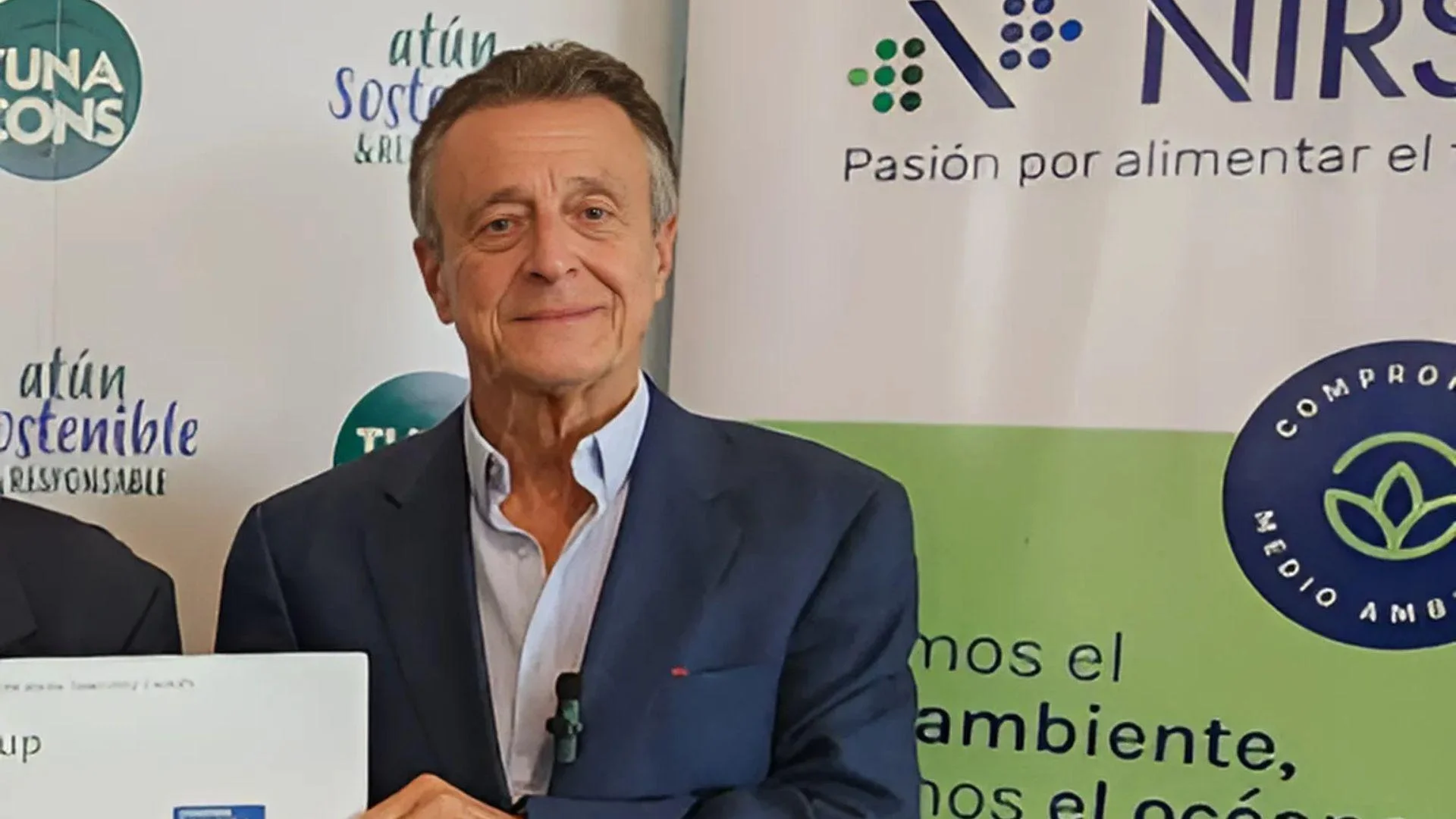NIRSA (Negocios Industriales Real S.A.), Ecuador's leading tuna supplier, has announced plans to establish a direct operational presence in the United States. This move marks a shift from its current distributor-based model to opening offices and setting up the U.S. as a primary base.
American Greatness reports that NIRSA is a vertically integrated Ecuadorian seafood company employing over 8,000 people. Between June 2023 and April 2025, it sent more than 220 verified shipments of tuna and shrimp to the United States through partners such as Global Trade Bridge Corp and Seafood Exchange of Florida Inc. In 2023, Ecuador's tuna industry exported nearly 230,000 metric tons globally, with a significant portion reaching U.S. grocery shelves. Given that Americans import over 70 percent of their seafood consumption, NIRSA’s steady supply plays an essential role in meeting U.S. demand.
According to the Federal Newswire, several senior executives at NIRSA had their U.S. visas revoked under President Biden's administration without charges or explanation. This ban has hindered in-person meetings with American buyers and forced NIRSA to delay plans for establishing a commercial office in the U.S., stalling its expansion into this critical market.
The travel restrictions remain despite NIRSA's international recognition for leadership in responsible and sustainable seafood production. The company is a founding member of the TUNACONS Fishery Improvement Project, collaborating with the World Wildlife Fund to achieve Marine Stewardship Council certification for Ecuador’s tuna sector. Additionally, NIRSA is part of the International Seafood Sustainability Foundation and supports UN Sustainable Development Goal #14, emphasizing marine conservation and ethical fishing practices.
According to its website, NIRSA is an established Ecuadorian seafood company with over 65 years of experience providing high-quality, sustainably sourced products to both domestic and international markets. Headquartered in Guayaquil, it operates extensively across Ecuador with thousands employed across its fleet and processing plants.

